 Cameron Bennett
Cameron Bennett
Advisor: John MacArthur
Cameron Bennett is a first-year masters student in transportation engineering. He was the recipient of a Dwight David Eisenhower Transportation Fellowship presented by the U.S. Department of Transportation at the 2022 annual meeting of the Transportation Research Board. Cameron currently serves as president of the PSU student group ITE-STEP (Students in Transportation Engineering and Planning). His work as a graduate research assistant focuses on promoting and facilitating the use of active transportation as a tool for equity, livability, and economic development. He's working with John MacArthur on How Can E-bike Purchase Incentives Grow the E-bike Market?. Cameron is passionate about bicycle and pedestrian design, planning, and policy in urban environments.
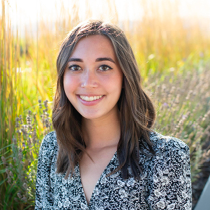 Jai Daniels
Jai Daniels
Advisor: John MacArthur
Jai Daniels is a second-year Master of Urban and Regional Planning (MURP) student at PSU, currently working with John MacArthur on a Transportation Recovery Plan for the Regional Disaster Preparedness Organization (RPDO) and research on transportation system resiliency. Read more about Jai in this March 2021 Student Spotlight interview. She is interested in urban livability, bicycle and pedestrian planning, transit planning, and the intersection between urban planning and the environment.
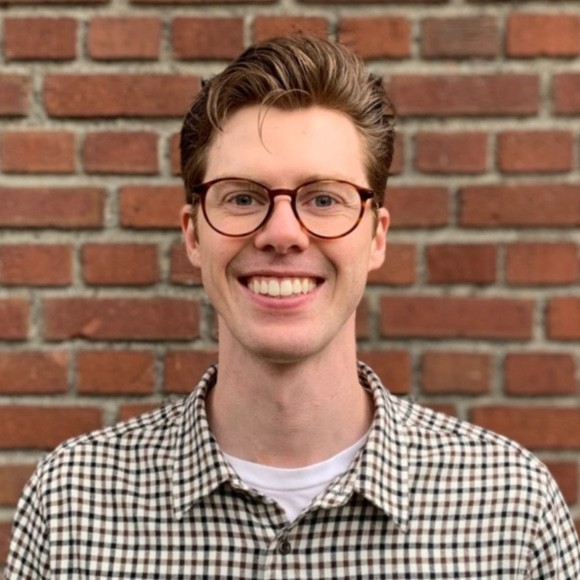 Harrison Husting
Harrison Husting
Transportation Education Program Coordinator
Advisor: Hau Hagedorn
Harrison supports program management for several TREC programs: Better Block PSU, our transportation summer camp for Oregon high school students, and annual summer research fellowship program TURF. He is pursuing a masters in Urban and Regional Planning, and is an aspiring community developer seeking to use his background in social services, program development, and research to help positively impact urban spaces and the communities they serve.
 Kyuri Kim
Kyuri Kim
Advisor: Jennifer Dill
Kyu Ri is a fourth-year Ph.D. student in urban planning at the Nohad A. Toulan School of Urban Studies and Planning. She is currently supporting Jennifer Dill . In the recent past, she supported Dr. Dill and Hau Hagedorn in transportation data analysis and visualization (including BikePed Portal and OHSU Census data), Dr. Dill and Nathan McNeil on the Research Roadmap for the AASHTO Council on Active Transportation, and other transportation research.
 Jiahui Ma
Jiahui Ma
Advisors: Jennifer Dill and Nathan McNeil
Jiahui is a second-year Ph.D. student in urban planning at the Nohad A. Toulan School of Urban Studies and Planning. She is currently supporting Jennifer Dill and Nathan McNeil on the Evaluation of Road User Comprehension and Compliance with Red Colored Transit Priority Lanes as well analyzing data from the Breaking Barriers to Bike Share project.
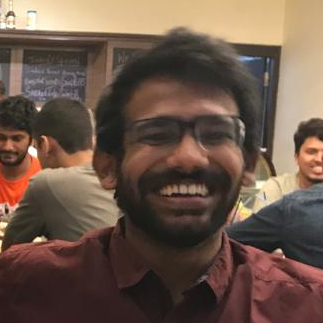 Prabhu Marappan
Prabhu Marappan
Advisors: Tammy Lee and Basem Elazzabi
Prabhu is currently pursuing his Master of Science in Computer Science from PSU. Before this he worked as a Software Engineer for 5 years in Backend Development, Infrastructure, System Design and Architecture for distributed web applications. He's an engineer looking to solve interesting engineering and data problems, and is currently supporting TREC's transportation data programs: PORTAL and BikePed Portal.

 Jacqueline Krantz
Jacqueline Krantz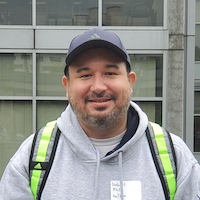 Gabriel Quiñones-Zambrana
Gabriel Quiñones-Zambrana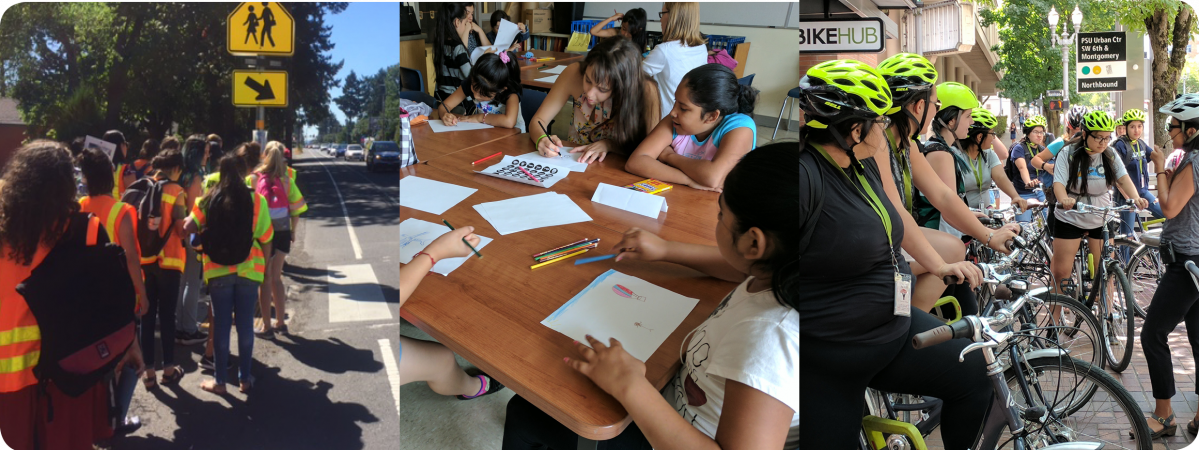
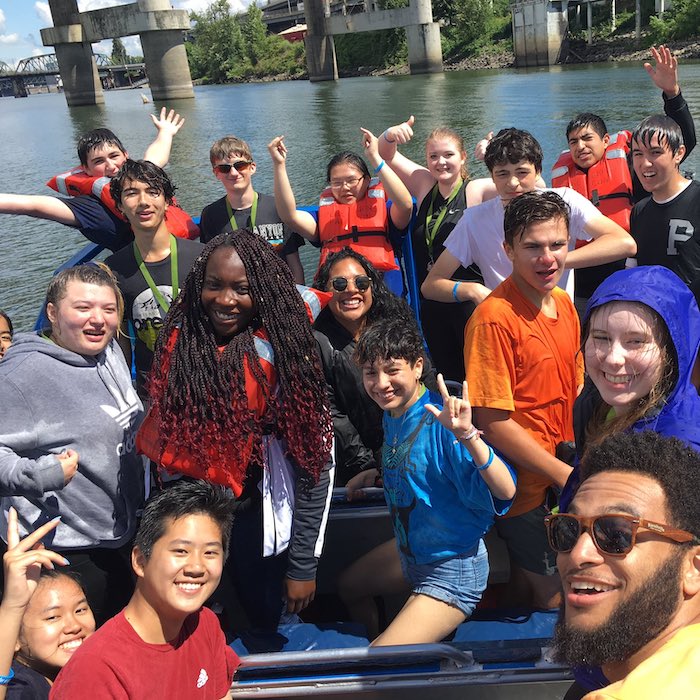 Hosted at Portland State University every year since 2015 - our transportation camp, free and open to any Oregon student entering the 9–12 grade, offer an immersive introduction to transportation careers and the workings of transportation systems in Portland. Students will work in groups to solve a real-world transportation problem, develop data collection and STEM skills, and go on daily field trips.
Hosted at Portland State University every year since 2015 - our transportation camp, free and open to any Oregon student entering the 9–12 grade, offer an immersive introduction to transportation careers and the workings of transportation systems in Portland. Students will work in groups to solve a real-world transportation problem, develop data collection and STEM skills, and go on daily field trips.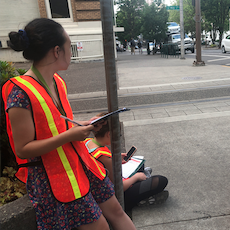 Originally designed by TREC staff for our annual summer high school camps, we're now
Originally designed by TREC staff for our annual summer high school camps, we're now 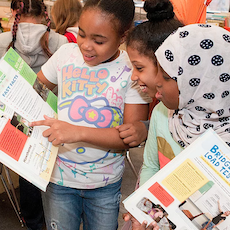 Through funding from the U.S. DOT's UTC program, in 2014 we helped sponsor the development of this amazing, local resource for teachers and young readers:
Through funding from the U.S. DOT's UTC program, in 2014 we helped sponsor the development of this amazing, local resource for teachers and young readers: 

